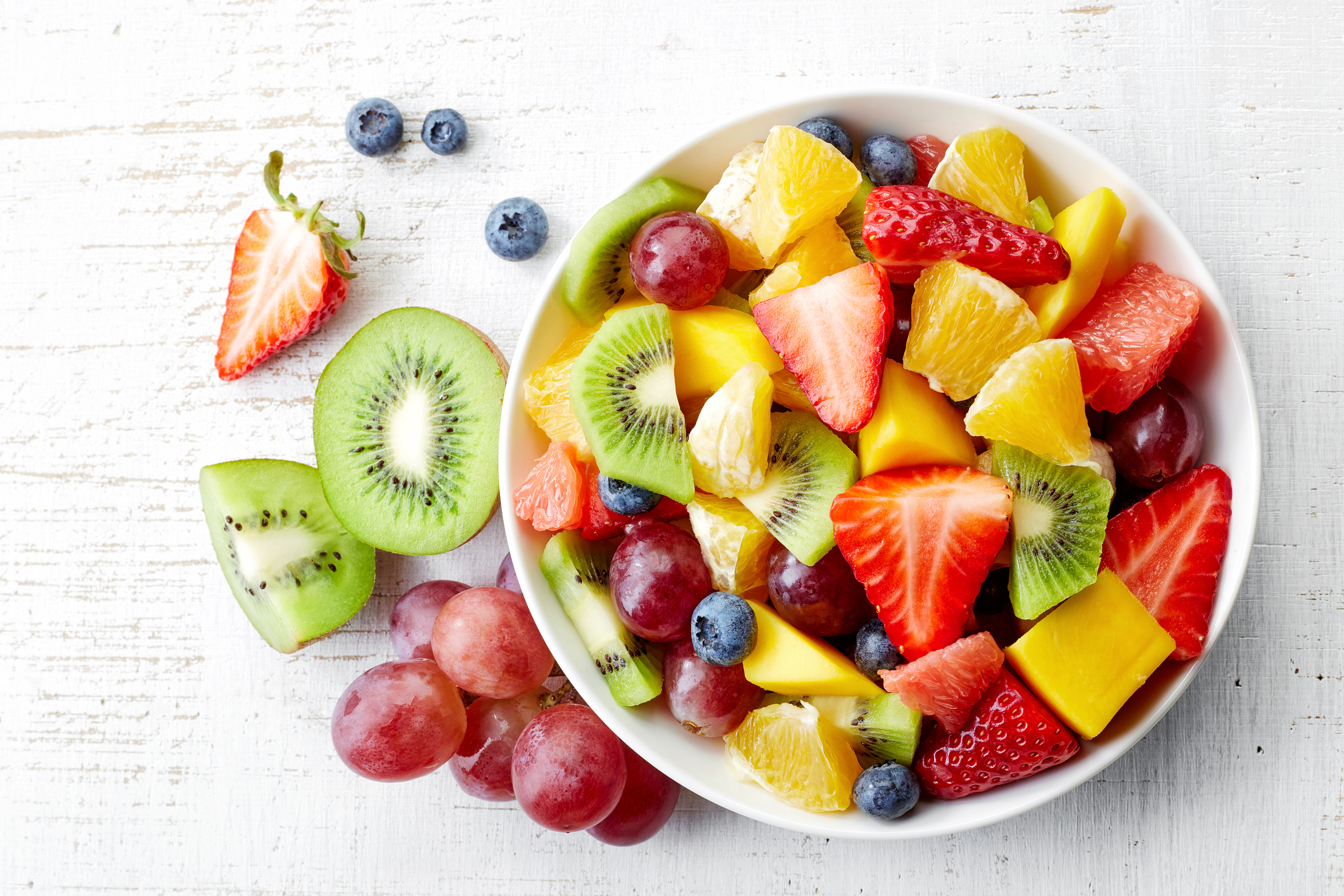Contents:
- Medical Video: Nutrition Advice : How to Eat Healthy if You Don't Like Fruits & Vegetables
- Eat a lot of fruit so you don't eat vegetables, can nutritional needs be fulfilled?
- Fruit tends to have more carbohydrate content
- Then what portion of vegetables and fruits do you have to fulfill in a day?
Medical Video: Nutrition Advice : How to Eat Healthy if You Don't Like Fruits & Vegetables
If you may choose, do you prefer to eat vegetables or fruit? If you answer fruit, you are not alone. Unlike sweet and fresh fruits, vegetables are usually less preferred. Though both are sources of fiber, vitamins, and minerals for the body. Many think that eating as much fruit as possible can replace the portion of vegetables that should be eaten. Then, is this good if done? Can you eat a lot of fruit so you don't eat more vegetables?
Eat a lot of fruit so you don't eat vegetables, can nutritional needs be fulfilled?
Fruits and vegetables are a source of vitamins and minerals for the body. Each type of food you need for health is maintained. Because it has the same content, namely fiber, vitamins, and minerals, many people assume that fruit and vegetables can be replaced with each other.
In fact, both types of food have a variety of different vitamins and minerals. There are several types of vitamins or minerals that are better and more numerous in vegetables, and vice versa. So, it is not wise if you replace the portion of eating vegetables with fruit.
For example, minerals such as calcium and iron are more commonly owned by vegetables with green leaves. Although it may be in fruits, the amount is not as much as in the green leafy vegetables. So, you who don't eat vegetables will not be able to meet your daily nutritional needs just by eating fruit.
Fruit tends to have more carbohydrate content
Fiber is a type of carbohydrate in vegetables and fruit. So, fruit and vegetables must have carbohydrate content in them. However, in fruits there are other types of carbohydrates, namely simple carbohydrates such as fructose.
Fructose is a sweetener that is present in every fruit, more and more if the fruit is ripe. Well, if this type of simple carbohydrate is consumed too much, it will risk affecting blood sugar levels. However, fructose, a sweetener in this fruit, is safe for consumption for diabetics if consumed as recommended.
Meanwhile, vegetables have no simple carbohydrate content in them. So, it tends to be better if consumed a bit, even some experts say that vegetables can actually replace your fruit.
But back again, anything that enters your body must be balanced and recommended. It may not be too much or too little.
Then what portion of vegetables and fruits do you have to fulfill in a day?
The World Health Organization (WHO) recommends adults to eat fruits and vegetables as much as 400-600 grams per day. The amount consists of 250 grams of vegetables and 150 grams of fruit. Indeed the amount of vegetables is still more than fruits. Even the Ministry of Health states that two-thirds of the total consumption of vegetables and fruit is a portion of vegetables.
250 grams of vegetables is equivalent to 2.5 cups of cooked and drained vegetables. These vegetable needs can be divided into three meals, or adjusted to your big meal schedule every day.
Meanwhile, the need for fruit per day is 150 grams which is equivalent to three Ambon bananas or two medium apples, or about four medium-sized oranges. You can make this portion of fruit a distraction between your big meal schedule so you don't feel hungry all day.













